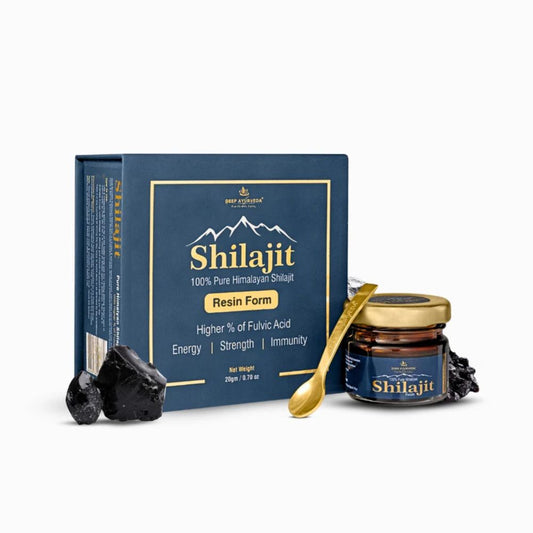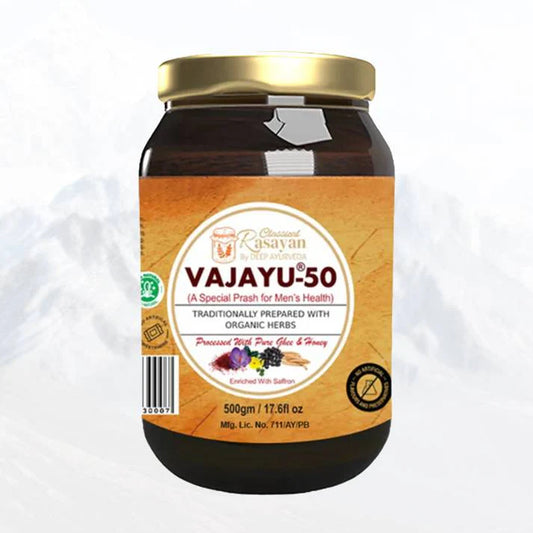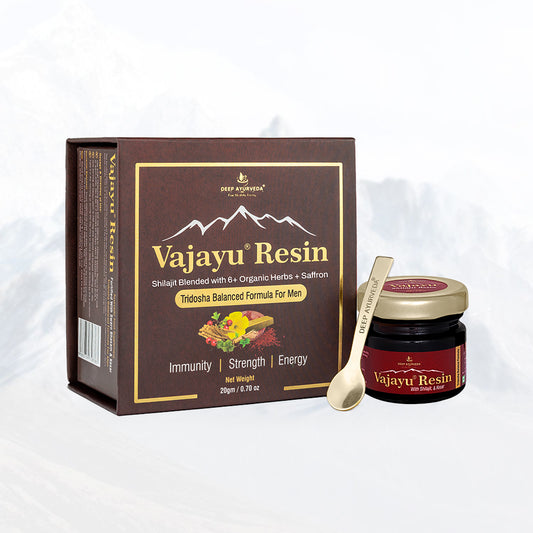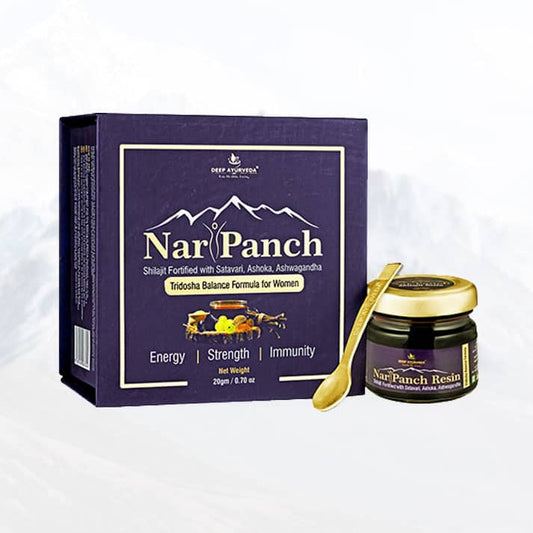The gut has been called the “second brain” of the human body, and rightly so. A healthy digestive system does far more than break down food—it fuels energy, balances immunity, and even influences mood. In today’s fast-paced world, where bloating, acidity, and sluggish digestion have become routine complaints, the question arises: Should you reach for synthetic supplements or trust ancient Ayurvedic herbs to heal the gut naturally?
Let’s take a deep dive into gut health the natural way, exploring how Ayurveda offers sustainable solutions compared to synthetic alternatives.
Why Gut Health Matters More Than Ever

A balanced gut:
-
Supports immunity by housing 70% of immune cells.
-
Enhances nutrient absorption.
-
Balances mental health by regulating serotonin.
-
Reduces risks of chronic conditions like obesity and diabetes.
When the gut is disturbed due to processed diets, antibiotics, stress, or sedentary lifestyles, people often look for a quick fix in the form of synthetic supplements. But is that the best long-term solution?
Synthetic Supplements: The Quick Fix Approach
Synthetic supplements—probiotics, digestive enzymes, antacids, and fiber powders—are everywhere. Pharmacies and health stores in Australia are packed with bottles promising a healthy gut in days.

Benefits of Synthetic Supplements
-
Quick relief: Digestive enzyme capsules can ease heaviness immediately.
-
Targeted action: Probiotic tablets deliver specific bacterial strains to the gut.
-
Convenience: Easy to pop in a daily pill format.
Limitations of Synthetic Supplements
-
Not holistic: They work on symptoms, not root causes.
-
Temporary results: Stop the supplement, and issues return.
-
Possible side effects: Overuse of antacids or enzymes can weaken natural digestion.
-
Artificial ingredients: Many contain fillers, additives, or stabilizers that may burden the liver.
Synthetic supplements act like firefighters—they put out the flames but don’t rebuild the house.
Ayurveda: Healing the Gut the Natural Way

Ayurveda, India’s ancient science of life, views digestion as the cornerstone of health. It calls the digestive fire Agni, which must burn steadily for the body to thrive. Instead of suppressing symptoms, Ayurveda restores balance, strength, and long-term resilience to the gut.
Ayurvedic Herbs for Gut Health
1. Triphala (Three Fruits Blend)
-
Combines Amalaki, Bibhitaki, and Haritaki.
-
Gentle detoxifier that clears waste without depleting energy.
-
Balances all three doshas—Vata, Pitta, and Kapha.
-
Improves regularity and absorption of nutrients.
2. Aloe Vera (Kumari)
-
Soothes acidity and inflammation.
-
Cools excess Pitta (heat), calming heartburn and hyperacidity.
-
Promotes tissue healing inside the digestive tract.
3. Ginger (Shunthi)
-
A natural digestive stimulant.
-
Relieves gas, bloating, and sluggish metabolism.
-
Enhances appetite and improves nutrient assimilation.
4. Licorice (Yashtimadhu)
-
Known for its mucilaginous, soothing properties.
-
Heals gastric ulcers and reduces burning sensations.
-
Nourishes gut lining and prevents erosion.
5. Fenugreek Seeds (Methi)
-
Rich in soluble fiber to support bowel movements.
-
Reduces constipation naturally.
-
Balances blood sugar, indirectly benefiting digestion.
6. Bael Fruit (Bilva)
-
Effective for diarrhea and IBS-like symptoms.
-
Strengthens intestinal walls.
-
Reduces excess water loss while balancing gut flora.
Ayurveda vs. Synthetic Supplements: A Comparison
|
Aspect |
Synthetic Supplements |
Ayurvedic Herbs |
|
Focus |
Symptom relief |
Root cause balance |
|
Duration |
Short-term |
Long-term sustainable |
|
Ingredients |
Lab-made, may contain fillers |
100% plant-based |
|
Side Effects |
Possible if overused |
Minimal when used correctly |
|
Philosophy |
Quick-fix |
Holistic healing |
While supplements are like a plaster on a wound, Ayurvedic herbs are more like nurturing the skin from within so wounds don’t occur frequently.
Gut Health Lifestyle: The Ayurvedic Touch
Along with herbs, Ayurveda emphasizes lifestyle practices:
-
Eat warm, fresh meals instead of cold, processed foods.
-
Chew thoroughly—digestion begins in the mouth.
-
Avoid overeating; leave one-third of the stomach empty.
-
Stay active with yoga poses like Pawanmuktasana (wind-relieving pose).
-
Practice mindfulness—stress is one of the biggest gut disruptors.
When combined with herbs, these habits create a gut environment that doesn’t need constant external supplements.
Why Australians Are Turning to Natural Gut Solutions
Australia is experiencing a wellness wave—more people are shifting to plant-based, natural, and chemical-free remedies. With rising awareness about the microbiome, there’s increasing interest in herbs like Triphala, Turmeric, and Aloe Vera. Unlike synthetic pills, these herbs offer not just gut relief but also overall well-being.
Consumers are asking: Why treat the symptom when I can heal the system? Ayurveda answers that beautifully.
Final Thoughts: Choosing What’s Right for Your Gut
When it comes to gut health, there’s no one-size-fits-all. Synthetic supplements may be handy for immediate issues, but they’re like pressing the snooze button on an alarm—delaying the inevitable. Ayurvedic herbs, on the other hand, gently nurture your digestive fire, restore balance, and ensure long-term resilience.
So if you’re tired of popping pills for acidity or irregular digestion, maybe it’s time to invite a little Ayurveda into your life. After all, your gut deserves more than a quick fix—it deserves a lifelong friendship with nature.







